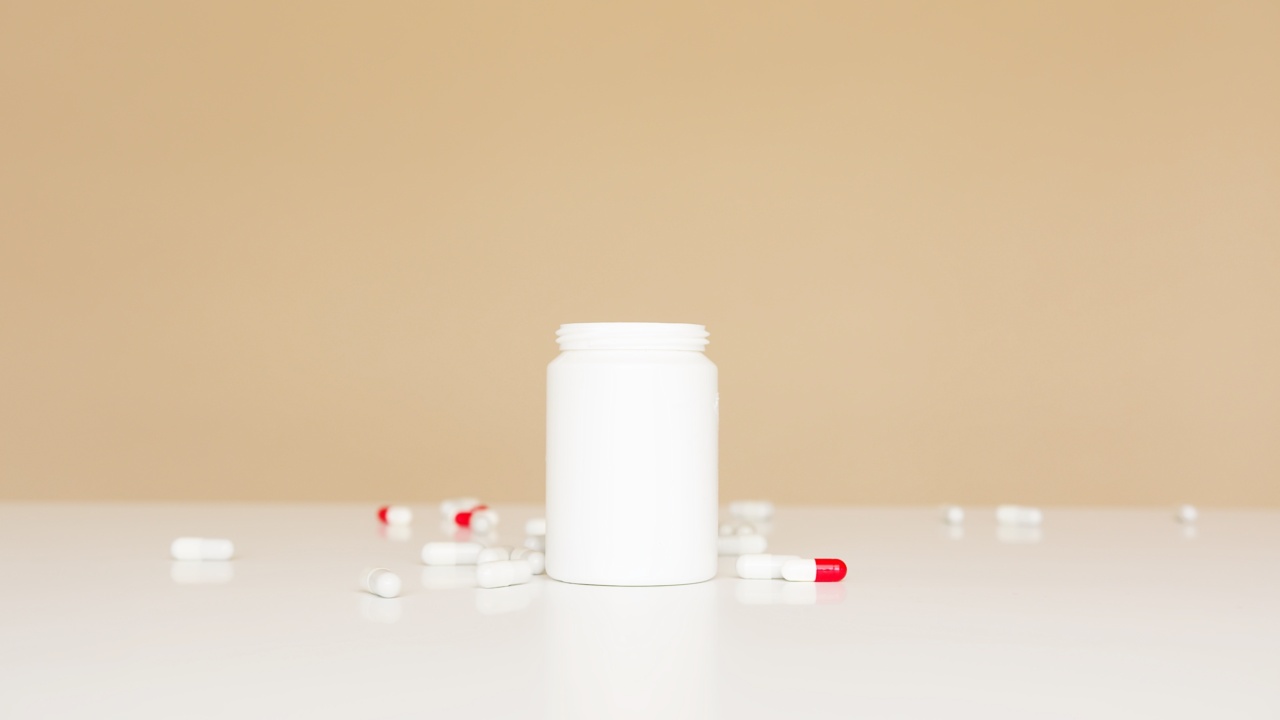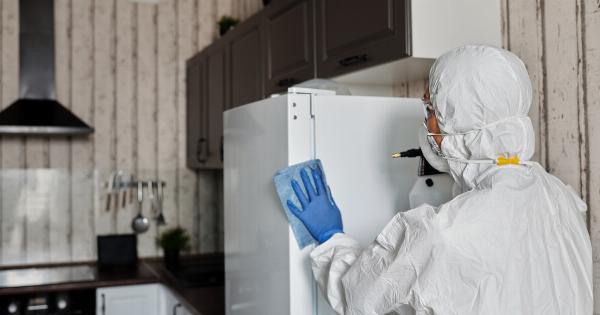Antibiotic resistance has been on the rise in recent years, making it more difficult to treat infections.
Many people believe that overuse of antibiotics is the primary cause of this problem, but new research suggests that over-cleaning could also be contributing to antibiotic resistance.
What is antibiotic resistance?
Antibiotic resistance occurs when bacteria develop the ability to resist the effects of antibiotics. This can happen when bacteria mutate, or when they acquire genes that allow them to resist antibiotics.
When this occurs, antibiotics are no longer effective in killing the bacteria, making infections more difficult to treat.
The role of over-cleaning in antibiotic resistance
Over-cleaning can lead to antibiotic resistance in a number of ways. First, when we use antimicrobial products too frequently, we are killing off bacteria that are susceptible to these products.
However, the bacteria that are not killed are the ones that have a genetic resistance to these products. Over time, these resistant bacteria can become dominant, making it more difficult to control their growth.
Secondly, over-cleaning can result in the spread of antibiotic-resistant bacteria. When bacteria are exposed to antimicrobial products, they can develop resistance and then spread to other surfaces or people.
This means that if one person in a household uses an antimicrobial product to clean a surface, they could be inadvertently spreading antibiotic-resistant bacteria to other family members.
The importance of proper cleaning techniques
To reduce the risk of antibiotic resistance, it’s important to use proper cleaning techniques. This includes using cleaning products that are effective, but not necessarily antimicrobial.
It’s also important to follow product instructions closely to ensure that you’re using the product correctly.
In addition, it’s important to avoid over-cleaning and to only clean when necessary. For example, it’s not necessary to clean surfaces that are not visibly dirty or frequently touched.
Over-cleaning can actually do more harm than good, as it can lead to the development of antibiotic-resistant bacteria.
What about hand hygiene?
Hand hygiene is an important part of infection prevention, but it’s also important to use proper techniques when washing your hands.
Overuse of hand sanitizers or washing hands too frequently with antimicrobial soap can lead to the development of antibiotic-resistant bacteria. Instead, use plain soap and water to wash your hands, and only use hand sanitizer when you’re unable to wash your hands.
Conclusion
Antibiotic resistance is a growing concern, but it’s not just about overuse of antibiotics. Over-cleaning can also contribute to the development of antibiotic-resistant bacteria.
It’s important to use proper cleaning techniques and to only clean when necessary, and to be mindful of hand hygiene practices. By taking these steps, we can help reduce the risk of antibiotic resistance and keep ourselves and our communities healthy.





























